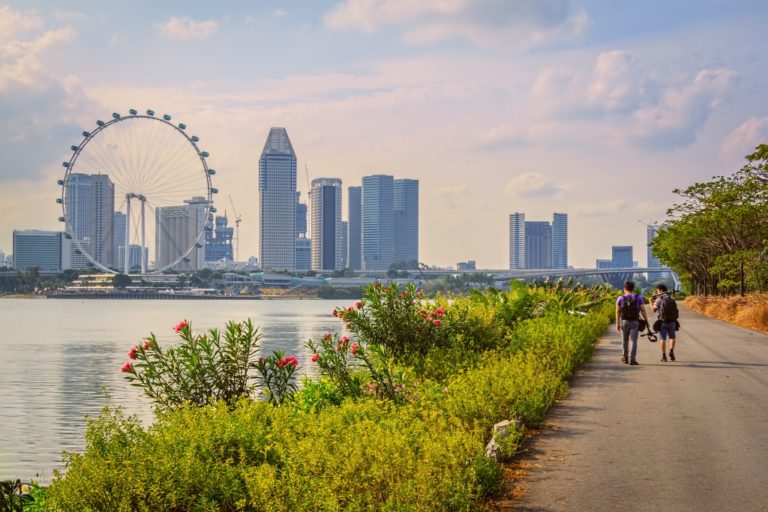There were nearly one million work permit holders in Singapore in December 2018. Although that’s the case, foreign workers still face a unique set of challenges to survive and thrive in this prosperous tiny Southeast Asian nation. Living abroad is already tough in itself, but dealing with financial issues in a foreign land can make it more difficult.
To be clear, a non-Singapore citizen or permanent resident does not have to try hard to apply for a foreigner loan in Singapore. However, many borrowers do not get a yes. Here are the most common reasons why:
They Lack a Work Permit
Lack of proper documentation is perhaps the most restrictive factor in foreigner loan rejection. Not all loan lenders demand a ton of paperwork, but no financial institution or lending company would be willing to part ways with thousands of dollars to undocumented immigrants.
Lenders may not report illegal aliens who want to borrow money from them to the authorities, but they want to get paid. A non-work permit holder may be deported any time. A customer who is a flight risk is more of a liability than an asset.
They Have to Leave the Country Soon
Speaking of flight risks, a lender will be curious until when a foreign borrower is allowed to stay. An impending departure does not automatically lead to denial, but it will restrict the maximum size of the loan and affect its terms. A foreigner who can’t realistically meet a lender’s short repayment period will likely receive a no.
They Do Not Have Steady Employment
Legitimate work permit holders need a stable source of income to be considered as a qualified borrower. Some lenders are rather allergic to personal loan applicants who are not employed on a full-time basis.
Again, not having outstanding income and employment credentials will not necessarily result in rejection. These unappealing qualities can make the loan conditions less attractive, though. The most likely penalty is a higher interest rate or a smaller loan amount maximum.
They Go to Banks

Traditional financial institutions are less friendly to foreign personal loan borrowers. Most banks love to cater to the urgent cash needs of Singaporean citizens and permanent residents only.
Fortunately, licensed moneylenders are willing to fill the void left by their bigger rivals. These lending companies are accommodating to non-Singaporeans residing in the country. Foreign nationals also borrow the same amount of money their local counterparts can provide that they earn at least $10,000 per year. Any annual income lower than that reduces the maximum loanable amount to $1,500.
They Ask Too Much Money
Many foreign borrowers do not move forward because they need more than they qualify to receive. As the size of the loan is widely dependent on the work permit holder’s total earnings, few businesses are willing to risk lending a lot of money to a low-income borrower.
Foreigners are naturally at a disadvantage when applying for personal loans in Singapore, but hope is never lost. With many lenders in the industry, one denial does not always mean the end of the world.




